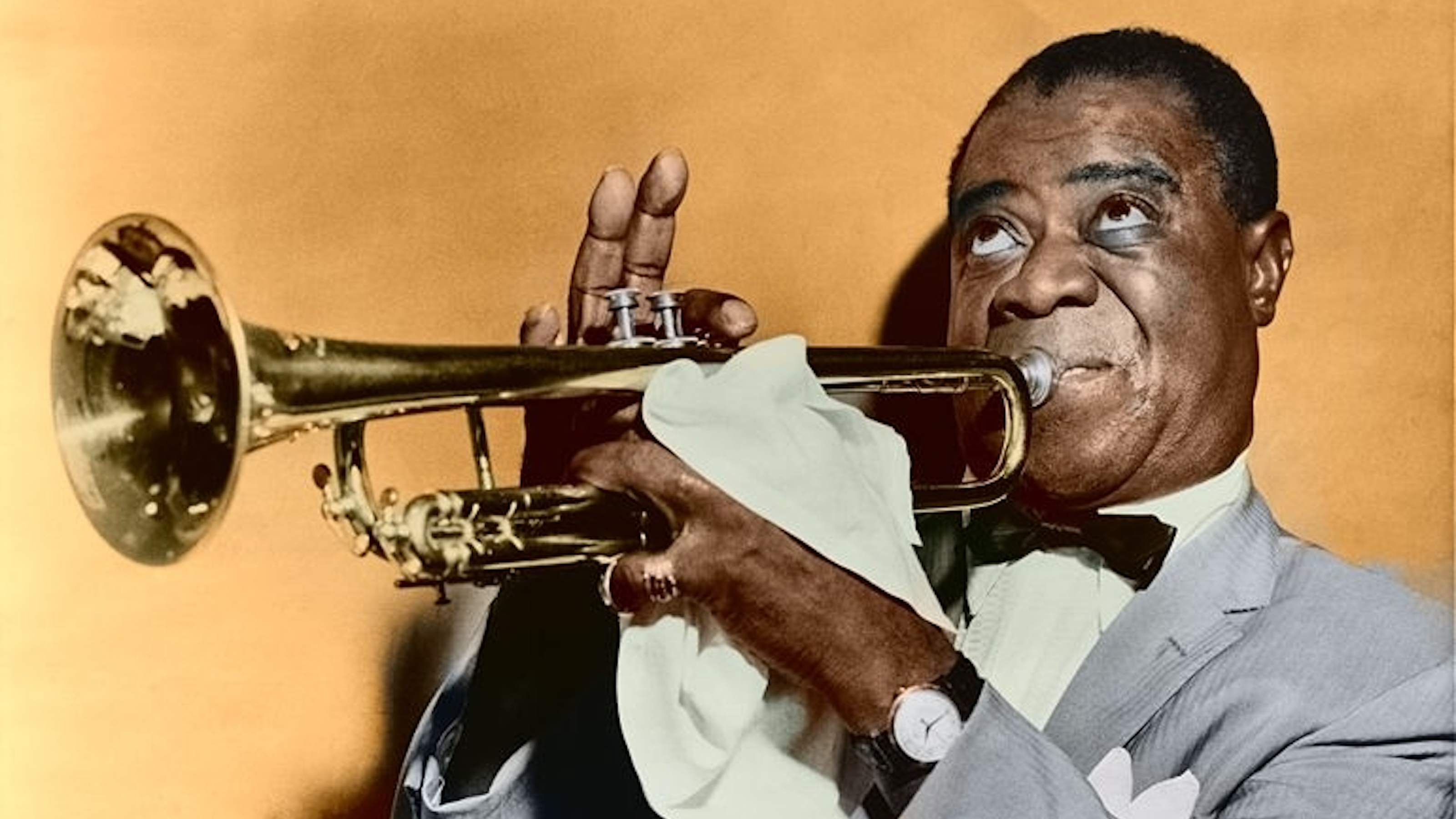Negotiation Doesn’t Have to Be a Zero-Sum Game

Universally, it seems like one of the mistaken assumptions of negotiation is that negotiation equals a win/lose game. An adversarial game. It’s me versus you, and this mindset is reinforced by the way governments sometimes work, the way our media portrays conflict, the way we often learn conflict and dealing with conflict in the family.
It’s seen as a zero-sum concept. The more for me, the less for you; the more for you, the less for me. And this assumption I have found has been engrained across the continents. It’s one of the few things, other than music, that is perhaps universal. And it’s fine. I mean, this way of thinking about negotiation is incredibly important; it’s useful, but it’s not always useful. And there are other ways of negotiating that can actually get people more of what they want in their interactions.
In Their Own Words is recorded in Big Think’s studio.
Image courtesy of Shutterstock





